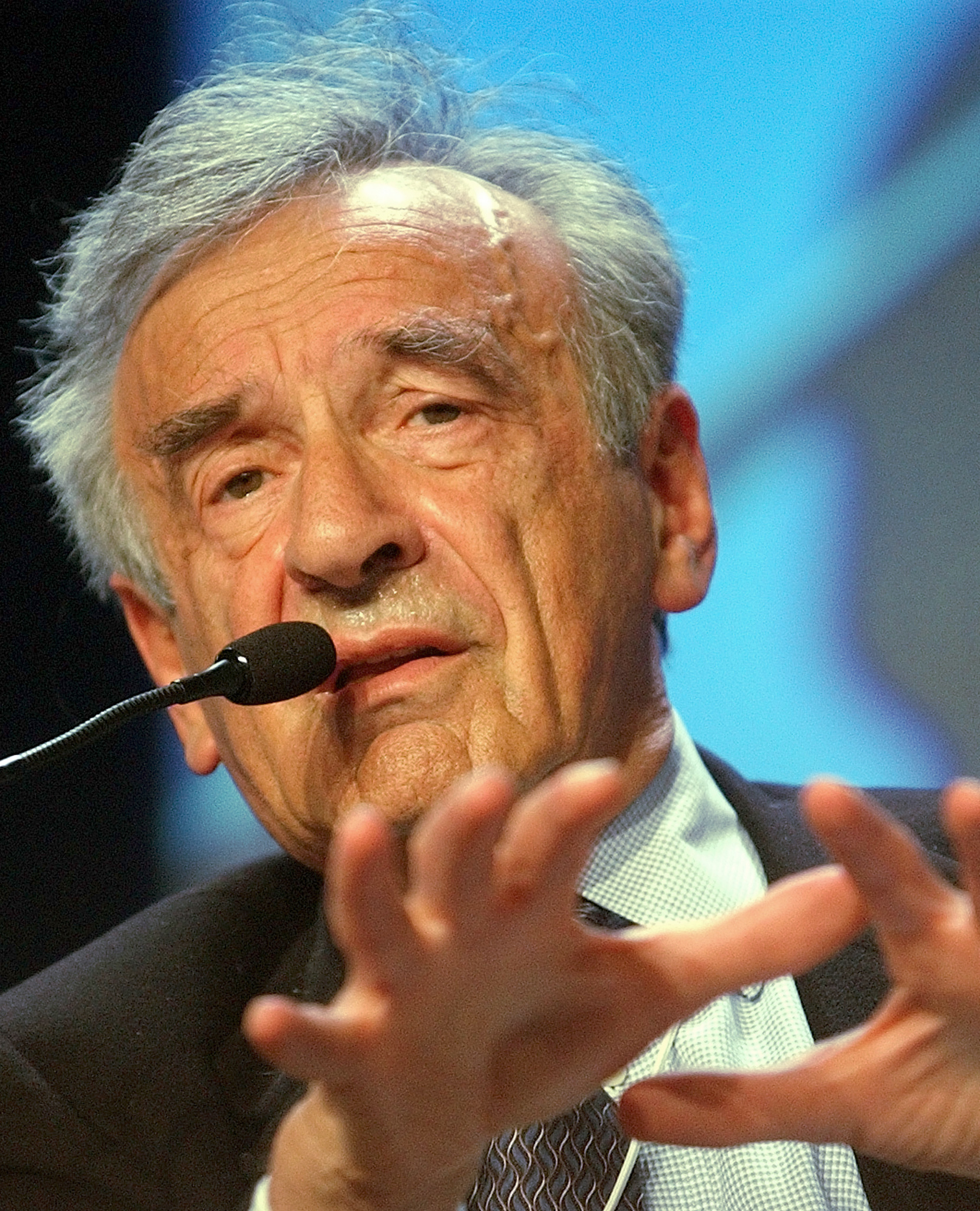Elie Wiesel was a very pious man until he went to the concentration camps. Start of the book he is explaining how his life was before he started going camps, “One day I asked my father to find me a master to guide me in my studies of cabbala” (Wiesel 1). This is explaining that he is trying to look for a master that can teach him more about his religion. A few pages after Wiesel say, “Never shall I forget those flames which consumed my faith forever. Never shall I forget those moments which murdered my God and my soul…” (32). Elie is thinking that he’s the lowest that he is ever been. Then he saying that his God is gone and will not come back.
Now he is starting to lose his faith on God. In the book Wiesel says, “During the day I studied the Talmud, and at night I ran to the synagogue to weep over the destruction of the Temple” (1). Which shows Elie is very passionate and emotional about Judaism. Then he announces that, “Why should I bless His name? The Eternal, Lord of the Universe, the All-Powerful and Terrible, was silent. What had I to thank Him for?” (31). Elie is beginning to question his faith in God.
Elie and his father always had a strong father and son connection until they go to the concentration camps. Elie says, “They're bombing Buna! Someone shouted. I thought of my father. But I was glad all at the same time” (57). This is showing that Elie is carrying for father and he's worried about his father when something is going to happen to the camp that someone can be killed. When Elie is about to finish with misery camps he's starting to pass over his father. The novel says, “ Our first act as free men was to throw ourselves onto the provisions. We thought only that. Not of revenge, not of our families. Nothing but bread” (Wiesel). This is analyzing that Elie was questioning about when he was free he didn't want to kill the people who killed his father that shows he has given up on him.
Wiesel, Elie. Night. New York : Brighton books, 1982

No comments:
Post a Comment